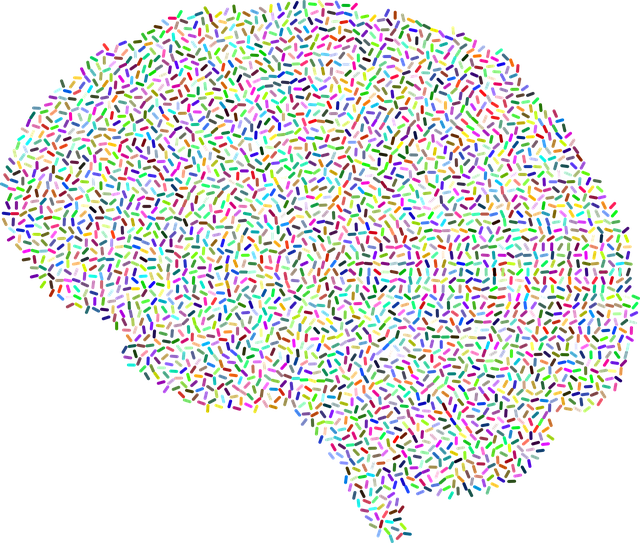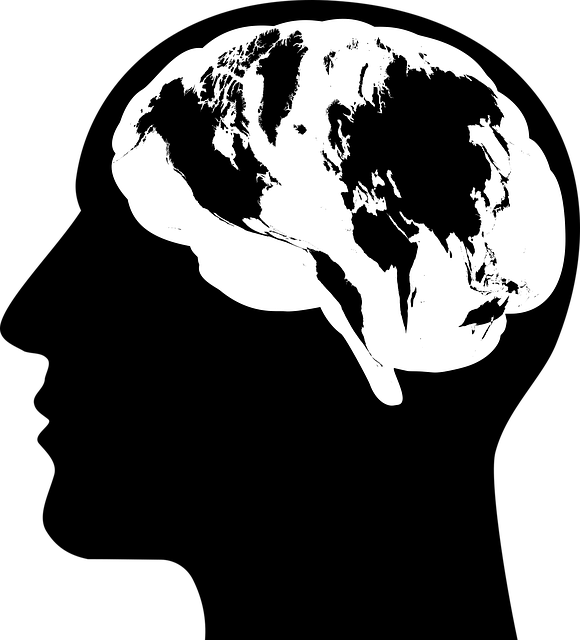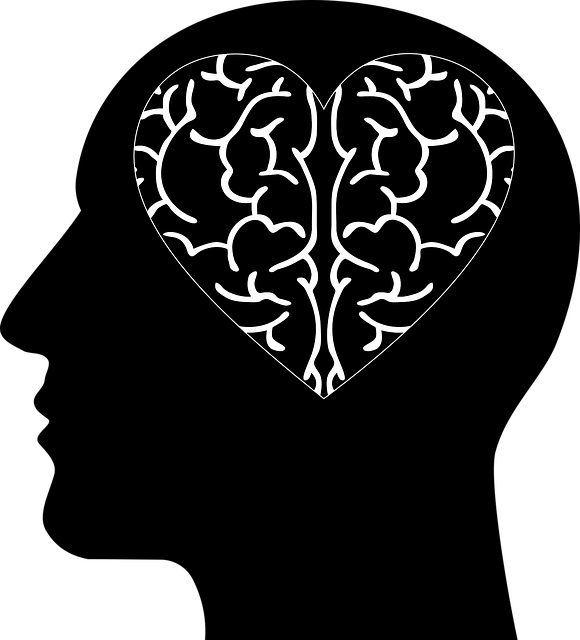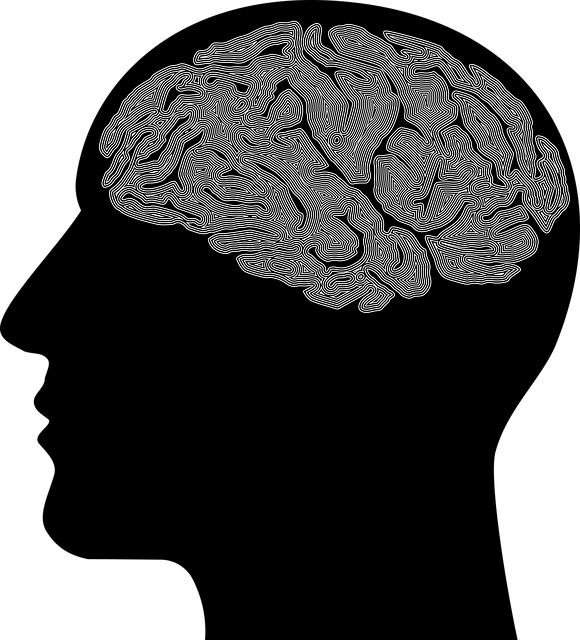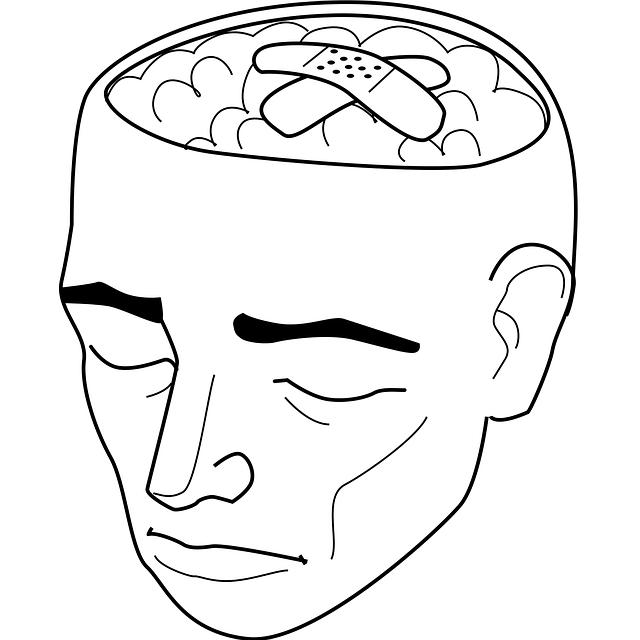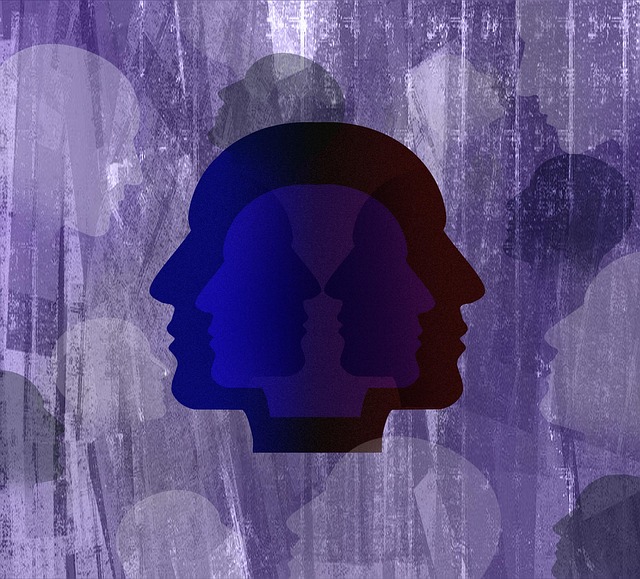Englewood Adolescent and Teen Therapy is revolutionizing mental wellness support for young people by creating user-friendly Mental Wellness Apps. These apps overcome traditional therapy barriers with accessible, confidential resources tailored to individual needs, including crisis intervention, confidence-boosting tools, mood tracking, mindfulness exercises, and personalized coping strategies. With a focus on cultural competency and evidence-based practices, the apps cater to diverse user groups while promoting emotional regulation, resilience, and healthy interactions. Meticulous research, UX design, and rigorous testing ensure effectiveness, with continuous updates maintaining relevance. Effective marketing through digital channels, content marketing, influencer partnerships, and advocacy initiatives reaches teens and positions Englewood as a trusted resource for mental wellness support.
Mental wellness apps are gaining prominence as essential tools in addressing the growing need for accessible, personalized therapy. This article explores the development of such apps, drawing insights from the expertise of Englewood Adolescent and Teen Therapy. We’ll delve into key features, development stages, and marketing strategies to ensure effectiveness and user engagement. By understanding the unique needs of adolescents and teens, developers can create innovative solutions that promote mental health and well-being.
- Understanding the Need for Mental Wellness Apps
- Features and Components of Effective Apps: An Englewood Adolescent and Teen Therapy Perspective
- Development Process: From Concept to Launch
- Marketing and Engagement Strategies for Mental Health App Success
Understanding the Need for Mental Wellness Apps

In today’s fast-paced world, mental wellness has become a paramount concern, especially among adolescents and teens. Issues like anxiety, depression, and stress are on the rise, highlighting the pressing need for accessible and effective support systems. Traditional therapy methods often present barriers such as long wait times, financial constraints, and geographical limitations. This is where Mental Wellness Apps step in as innovative solutions, providing a convenient and confidential platform for individuals to connect with resources tailored to their unique needs.
Englewood Adolescent and Teen Therapy, for instance, has recognized this gap and developed tools like Crisis Intervention Guidance and Confidence Boosting features within their app. By incorporating these features, they aim to equip users with coping strategies during mental health crises while fostering self-assurance and resilience. Moreover, the app emphasizes Healthcare Provider Cultural Competency Training to ensure diverse user groups receive culturally sensitive care, addressing a critical aspect of inclusive mental wellness support.
Features and Components of Effective Apps: An Englewood Adolescent and Teen Therapy Perspective

Englewood Adolescent and Teen Therapy emphasizes that effective mental wellness apps should incorporate a range of interactive features designed to support young users’ emotional well-being. These include tools for tracking mood and symptoms, engaging in mindfulness exercises, accessing educational content on mental health topics, and connecting with peers or professionals through secure messaging platforms. Incorporating conflict resolution techniques within these apps can be particularly beneficial, teaching teens healthy ways to navigate interpersonal challenges.
The app should also facilitate emotional regulation by offering personalized coping strategies, such as guided meditation scripts, journaling prompts, and breathing exercises. These components work in conjunction to empower adolescents with the skills needed to manage stress, anxiety, or other mental health concerns. By combining interactive features with evidence-based practices, mental wellness apps can serve as valuable tools in addressing the unique needs of Englewood Adolescent and Teen Therapy’s target demographic.
Development Process: From Concept to Launch

The development process of a mental wellness app begins with a clear understanding of the target audience’s needs, especially when focusing on sensitive issues like adolescent and teen therapy as Englewood Adolescent and Teen Therapy does. This involves extensive research, collaborating with experts in psychology, psychiatry, and digital health to design features that offer evidence-based practices such as Mental Wellness Journaling Exercise Guidance and Compassion Cultivation Practices. User experience (UX) design plays a pivotal role here, ensuring the app is intuitive, accessible, and appealing to young users.
As the concept evolves into prototypes, rigorous testing with focus groups and beta testers becomes crucial. This iterative process helps refine features, improve usability, and identify potential challenges or gaps in the original vision. Once the app meets the desired standards, it’s time for launch, which includes integrating robust data security measures to protect user privacy—a critical aspect when dealing with sensitive mental health information. Post-launch, continuous updates based on user feedback and emerging research in the field ensure the app remains relevant and effective, potentially sparking interest in Public Awareness Campaigns Development around mental wellness.
Marketing and Engagement Strategies for Mental Health App Success

Marketing and Engagement strategies play a pivotal role in the success of mental health apps, particularly when targeting adolescents and teens. Platforms like Englewood Adolescent and Teen Therapy can leverage digital marketing channels to reach their audience effectively. Content marketing, through blogs and social media posts addressing common mental health concerns among teens, can build trust and position the app as a helpful resource. Influencer partnerships with youth-focused influencers or celebrities who advocate for mental well-being can further enhance engagement.
Interactive features within the app, such as gamified exercises for emotional intelligence and confidence boosting, should be promoted to encourage user participation. Email marketing campaigns that offer valuable tips and highlight success stories of fellow teens can foster a sense of community. Additionally, Mental Health Policy Analysis and Advocacy initiatives can be integrated into marketing efforts, showcasing the app’s commitment to supporting both individual well-being and systemic mental health improvements.
Mental wellness apps are a vital tool in modern healthcare, especially with the growing need for accessible and discrete support. As evidenced by the success of initiatives like Englewood Adolescent and Teen Therapy, these applications can significantly impact young people’s mental health. By incorporating evidence-based practices and engaging features, developers can create effective tools that reach a wide audience. A well-planned development process, coupled with strategic marketing, ensures these apps become valuable resources for improving mental wellness on a global scale.

